FCC School Board Candidates Respond to FC Climate Action Network Questions

Following is based on recent press releases from the Falls Church Climate Action Network (FCCAN). See below for links to each of our profiles of the five FCC School Board candidates running for the four available seats in the 2025 citywide elections Nov. 4.
Falls Church Climate Action Network:
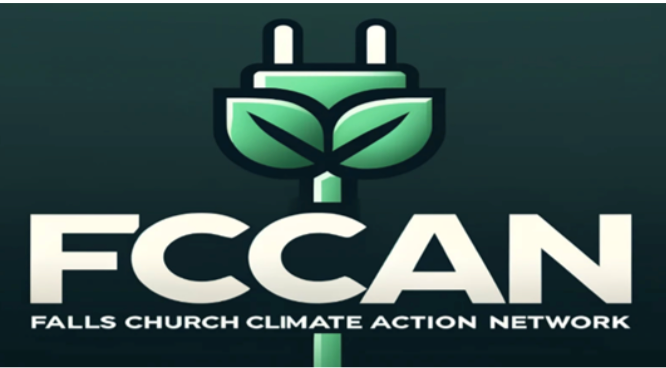
In the City of Falls Church, early voting for the November 4 elections began September 19. To help voters understand the views of candidates for the City of Falls Church School Board on energy and climate change issues, the Falls Church Climate Action Network (FCCAN) posed five questions to the candidates. The questions relate to climate action and the City’s Government Operations Energy Action Plan (GOEAP).
Questions for School Board candidates asked for views on:
- Strengthening coordination between the school system and the City on climate matters;
- Adding solar panels to the roof of Mary Ellen Henderson Middle School; and
- Topics related to climate change in the curriculum at multiple grade levels.
FCCAN very much appreciates the careful attention candidates gave to drafting responses. FCCAN does not endorse candidates for elected office.
FCCAN made no edits to the candidate responses and responses are presented in the order received.
FCCAN looks forward to working with elected candidates to support timely and effective implementation of adopted energy and climate change plans for the Falls Church community and for City of Falls Church government operations, including the schools.

Here are the candidates’ written responses:
FCC School Board Candidate Responses:
QUESTION 1: Will you commit to pressing FCCPS leaders and staff to, as a routine matter, provide the School Board with analysis of climate change implications of FCCPS budget, investment, and policy decisions?
LORI SILVERMAN: Yes.
SHARON MERGLER: Having this information is essential for understanding how our schools impact the environment, identifying areas for improvement, and evaluating the associated costs. I support developing open and clear communication that is grounded in data. As a school district, there are meaningful actions we can take to support the environment. This is also a valuable opportunity to involve students, giving them hands-on experience in creating real change. There are strong educational connections and real-world learning opportunities for our students in the areas of technology, math, science, and engineering.
MK HUGHES: The staff of Falls Church City Public Schools are expert professionals in their fields, deserving of clear job descriptions with ambitious goals and clear metrics. The GOEAP goals, adopted in July 2023, commit the city to improved operations, increased efficiency, reduced emissions, and enhanced capacity of staff. Given the previous commitment to these worthy goals, we owe it to our staff to clarify who is responsible for meeting each goal and what success looks like. Proactive management of who is responsible for analyzing climate change implications of budget, investment, and policy decisions will allow me, as a school board member, to hold staff accountable at regular intervals. As a new school board member, I will collaborate with my fellow board members and the superintendent to ensure these responsibilities are clarified, communicated, and supported proactively to clear the path for effective discussions of climate change implications at all levels of our work. Public school systems are expressions of and investments in the future we are creating. Schools can serve as proof points for how to take action against climate change, and attention to climate change is in line with our responsibility to our children now and in the future.
ANNE SHERWOOD: First, thank you to FCCAN for reaching out to School Board candidates. In my personal life, I try to use electric vehicles and tools, compost, and limit my environmental impact. I appreciate these questions and your work on behalf of the community. As a School Board member, my top priority is ensuring that FCCPS is meeting its educational mission: ensuring we personalize learning and empower every student to excel. I also believe it is important to consider all the implications of our budget and policy decisions. We certainly can improve our decision-making by asking for more data on, and better understanding, the climate implications of our decisions. And School Board members can model sustainable decision-making for our students by exploring this data. Although it may not be manageable for data to be collected and reported for every decision, I support seeking information on climate change implications for any major budget or policy decision (e.g., purchasing new buses, making capital investments/improvements, adopting new transportation policies).
KATHLEEN TYSSE: The policies that govern FCCPS, along with the FCCPS budget that funds the district, are among the primary obligations of the School Board; as a School Board member and the current Vice Chair, I take those responsibilities very seriously. When making policy and budget decisions, I rely heavily on the expertise of our professional staff, which often includes presenting a range of options when making purchases or upgrading our facilities, or weighing the different outcomes of potential policy changes. Climate change implications are often a part of these deliberations, and we are fortunate to have excellent staff who do their research. However, we do not have experts in climate change on our staff, so our analysis can be limited. I certainly try to keep climate change implications as a priority when making consequential decisions for FCCPS and I pledge to continue.
QUESTION 2: Are there any aspects of the adopted GOEAP relating to the FCCPS that you are concerned about or do not support? If so, please explain.
LORI SILVERMAN: I will support hybrid / zero emission as long as there isn’t a need for diesel (driving long distances; reliability of zero emission / hybrid).
SHARON MERGLER: I am not as concerned with what is being asked for, but more focused on keeping the community well-informed about where funds are coming from to support initiatives and policies aimed at reducing the negative environmental impact of our schools. It is very important to have current and accurate data to evaluate the best options for our community in today’s economy while also investing in our city’s future. The current plan includes eight strategies in areas where we believe changes can be implemented over time to help achieve our goal by 2030. It is important to have up-to-date information that may affect this plan and to make adjustments as needed for our community.
MK HUGHES: I have read the adopted GOEAP in detail and met with FCCAN representatives to better understand the history and context of the goals and strategies outlined. The specific goals outlined are:
● A shift to all zero-emission or hybrid vehicles (including buses) (Strategy 8);
● Installing electric systems when gas-fired heating systems reach end-of-life (Strategy 6);
● Energy-efficiency assessments and improvements, with a goal of 10% reduction in energy use by 2030 across all buildings (Strategy 5); and
● Contracting to purchase more renewable energy as needed to achieve the greenhouse gas reduction goals (Strategy 4)
I am concerned about climate change and support community efforts to make a positive impact; there are no aspects of the goals above I do not support. It is vital for elected officials, city and school staff, advocacy groups, and individual citizens to continue robust conversations about how to ensure we stay abreast of the best technologies and strategies for addressing climate change at the local level, bearing in mind capacity and budgetary limitations, in order to achieve these goals. I will advocate to ensure transparent, effective communication approaches to inform our community about progress towards these goals.
ANNE SHERWOOD: I appreciate the work to develop the GOEAP and the plan’s vision for a more sustainable community. As a School Board member, I must consider how implementation of the plan will align with our educational and operational priorities. Questions I have about implementing the GOEAP include:
• How can optimized bus routes also account for student safety and equity?;
• While I support the overall goal of electrification of systems, I also want to understand what the impacts will be on reliability and comfort for our learning and teaching environment;
• How will long-term anticipated student enrollment growth affect plan implementation?;
• Will FCCPS continue to receive adequate funding to support both our educational needs and our energy goals?;
• How will energy savings be tracked and reinvested?
KATHLEEN TYSSE: From my understanding of it, I agree with and support the goals of the ambitious and highly detailed GOEAP as it relates to FCCPS.
QUESTION 3: Some aspects of the GOEAP will require coordination between the City and FCCPS (e.g., capital costs for solar panels and school buses; MHS achieving its as-designed energy efficiency; vehicle-charging facilities in the new Property Yard.) Will you commit to working with City elected officials to ensure timely and cost-effective implementation of GOEAP actions related to FCCPS?
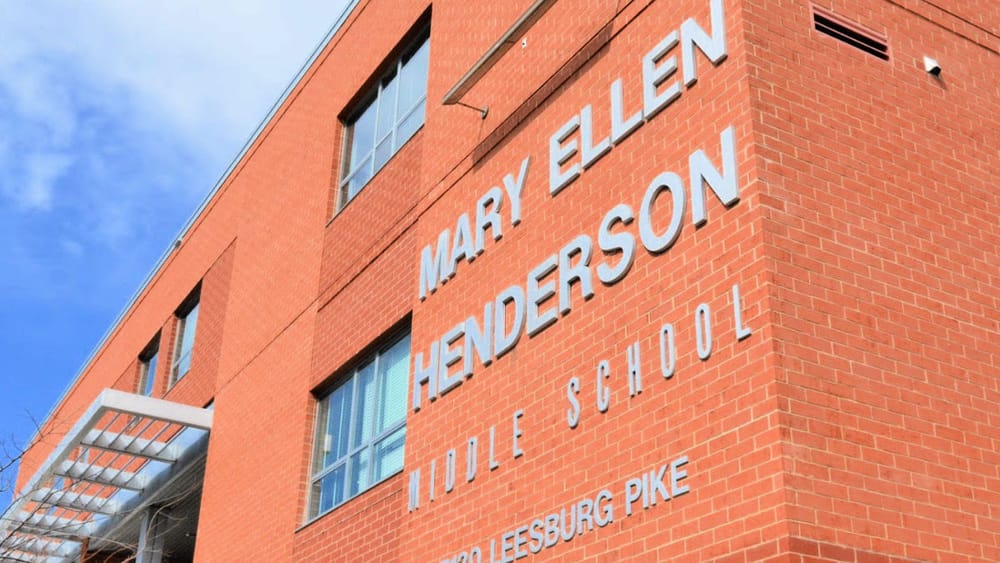
LORI SILVERMAN: Yes.
SHARON MERGLER: Yes, I am committed to supporting open, honest, and data-driven communication on this topic with the City. As a member of the school board, I will collaborate with all stakeholders — including city officials, the city council, and the schools — to fully understand the information related to the strategies used or considered in implementing the GOEAP as it pertains to FCCPS. I believe that it is important to maintain a shared vision and aligned priorities in implementing the GOEAP plan and continuing to be vigilant on FCCPS environmental footprint.
MK HUGHES: The comprehensive, collaborative, and strategic approach represented in the GOEAP acknowledges the role we all have to play in reducing the impacts of climate change. Also, it is critical we identify key staff responsible for leading coordination, both among the City and Schools staff, in order to ensure effectiveness. FCCAN is right to ask about overlapping priorities and the necessity for coordination. The current “spirit of revenue sharing agreement” states:
● The City Council alone has the authority to set expenditure budgets and set real estate and other tax rates;
● The School Board alone has the authority to determine how its revenues are spent.
I’m not aware of either a formal or informal agreement about how to proceed with shared priorities between the two bodies. I commit to working with City officials to ensure timely and cost-effective implementations of shared priorities including solar panels and school buses, Meridian HS achieving its as-designed energy efficiency, and vehicle-charging facilities in the new Property Yard. For this to happen, we need to revisit our revenue-sharing agreement, identify overlapping initiatives, priorities, and cost, and dedicate time, staff, and resources to ensuring there are sufficient opportunities for planning, execution, and assessment of our work.
ANNE SHERWOOD: The City general government and FCCPS have a good relationship, and I value the collaboration and support we provide one another. I hope to continue this collaborative relationship, and believe we can better meet both GOEAP goals and FCCPS’s primary mission of educating students when we work together to ensure smooth communication and to ensure the schools receive the resources they need to succeed.
KATHLEEN TYSSE: I have spent a great deal of time building relationships with my colleagues in the general government and am proud of the work we have done together. I respect their commitment to the GOEAP and I have full faith that we will continue to work well together in the years to come.
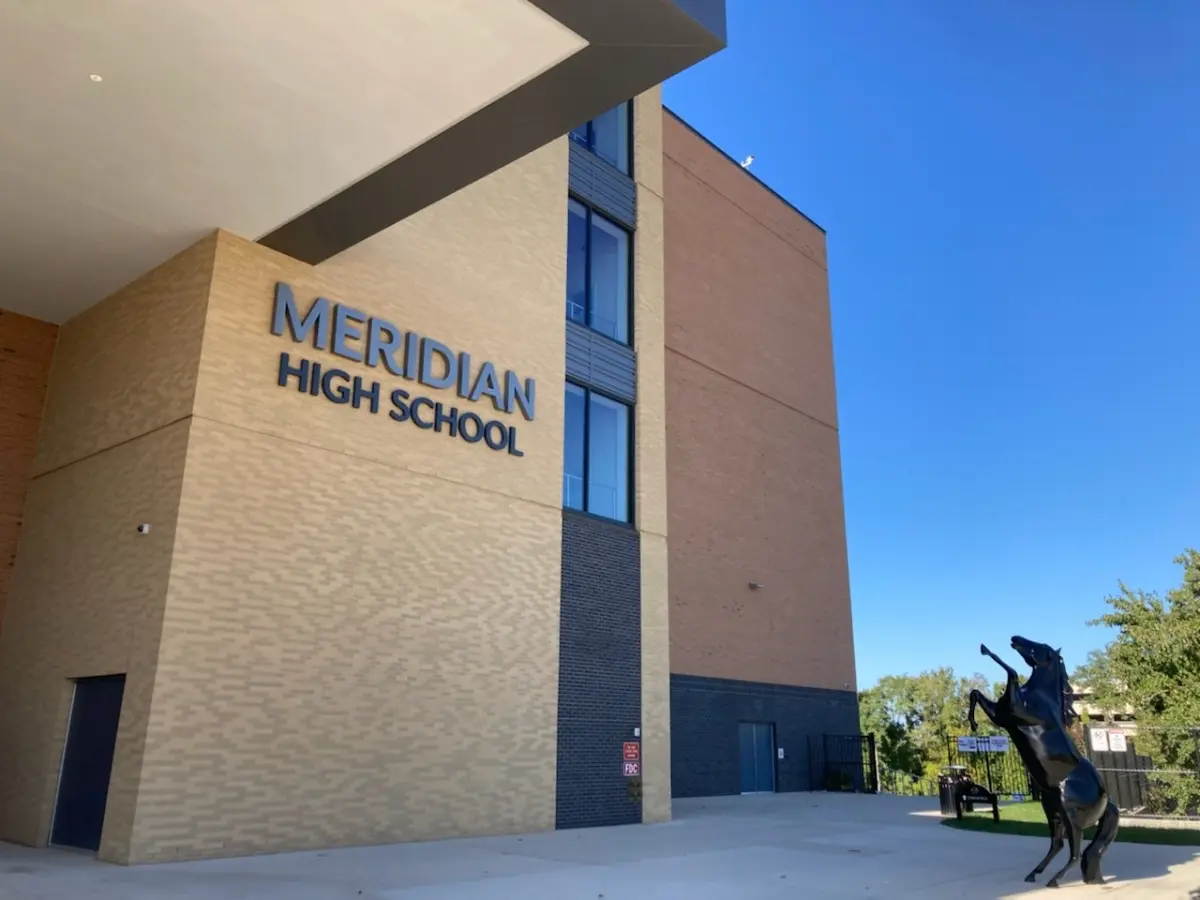
QUESTION 4: As mentioned in the latest CIP [Capital Improvements Program], a key opportunity to reduce FCCPS' greenhouse gas emissions will be to install solar panels when the Mary Ellen Henderson Middle School roof is replaced around FY2029. Will you support finding a way to fund solar power as part of the new roof project?
LORI SILVERMAN: Yes.
SHARON MERGLER: Solar panels are known to have a higher upfront cost but provide long-term benefits. The investment in solar panels at Meridian High School has had a measurable positive impact by reducing our reliance on fossil fuels and lowering our carbon footprint. During this time of economic uncertainty, it is important to research and evaluate all available options to financially support solar panels for MEH.
MK HUGHES: The solar roof project is an excellent example of how the School Board and City Council can collaborate with staff as well as advocacy groups to realize this vision. As a School Board member, I commit to asking detailed questions in a timely manner in order to engage in a cost/benefit analysis of putting solar panels on the roof. As a steward of tax payer dollars, I want to clarify up-front costs, expected savings over time, maintenance needs, longevity, and potential trade offs. Citizens deserve a transparent accounting of the different options available, and how our spending will affect operational costs over the long term, in order to make their voices heard on this issue. I will advocate for choices that positively impact climate change by reducing greenhouse gas emissions, and am also committed to understanding the nitty-gritty budget implications in the immediate and long-term as well as listening to my constituents and representing their priorities well. I look forward to engaging in these discussions collaboratively as a community.
ANNE SHERWOOD: Installing solar panels on the Mary Ellen Henderson Middle School roof would be an excellent opportunity to help FCCPS reduce greenhouse gas emissions. I am supportive of installing these panels as part of a future new roof project and would prioritize exploring ways to achieve this, while also ensuring we carefully consider all the cost implications and impacts of the project.
KATHLEEN TYSSE: I am a big believer in solar panels and, having put them on my own home, I understand that the upfront cost can be daunting and the financial payoff over time slow but meaningful. I am proud of the solar arrays on Meridian High School and would be thrilled to achieve similar efficiencies at Mary Ellen Henderson Middle School. I can say with confidence that I would be very open to that possibility. However, it is my understanding that the MEH roof will likely need to be replaced before FY2029 which gives us less time than indicated to save and plan. I have also not seen the specifics of Dominion Energy’s plan in regards to solar power at MEH. With the current budgetary challenges facing our district, it would be irresponsible for me to make any guarantees, but I certainly support the idea and will do my part in exploring ways to fund it, if possible and within reason.
QUESTION 5: The GOEAP focuses on actions to reduce greenhouse gas emissions and does not address other aspects of FCCPS’s attention to climate change. Would you support expanding how FCCPS recognizes the effects of climate change (e.g., climate-change topics in curricula at multiple grade levels, the MHS energy dashboard, etc.)?
LORI SILVERMAN: Yes.
SHARON MERGLER: I believe that increased access to data and factual information enables people to make more informed decisions. The more individuals understand accurate information about climate change, such as what affects it, who contributes to it, how it is measured, and which actions have a negative impact, the more thoughtful and effective decisions can be made in future development to reduce its effects. Using a tool like an energy dashboard allows students, classes, or entire schools to easily see how much of a resource (e.g., electricity, gas, etc.) they are using. This data can then be analyzed to identify ways to reduce resource consumption. Gaining this understanding of energy use in 7 school settings can help students develop self-awareness that extends to other areas of their lives. It empowers them to recognize their own impact on the climate, take steps toward positive change, and share their knowledge with others using real data and examples.
MK HUGHES: As an experienced educator, I am wary of “legislating by addition,” and mindful of where decision-making about schools belongs. The GOEAP rightfully doesn’t address FCCPS’s attention to climate change because what students learn and how they learn it ought to be decided by expert educators within our system. Virginia’s Standards of Learning for Science were rewritten in 2025, and notably include a single use of the phrase “climate change” for the K-12 standards. There are some references to the impacts of “human activity” on climate. That said, a good first step would be to establish baseline information about what is already happening in our schools regarding the effects of climate change, and how it’s working. The Sustainability Academy at Meridian, and Operation Earth Watch in the elementary schools, are good places to start. After establishing a baseline, we can ask ourselves what is missing and what we have capacity to add. We have incredible employees; they are our partners in understanding and strengthening how FCCPS recognizes the effects of climate change. However worthy the goal, simply adding to educators' plates without first understanding their current reality and weighing trade-offs together will not result in higher quality outcomes for students.
ANNE SHERWOOD: Educating our students and encouraging them to be thinkers and caring, reflective citizens are core principles of our International Baccalaureate (IB) approach. Expanding curricular and student-led actions are great opportunities for meshing our education goals with broader environmental goals. The schools have been making strides in sustainability efforts in recent years, including hiring a Sustainability Coordinator who has been helping infuse climate curricula into lessons across school levels. FCCPS has increased the number of sustainability related classes at the secondary campus in recent years and offers these in accordance with enrollment interest. Our students also have taken impressive steps to spearhead climate-related clubs and initiatives. FCCPS should continue to increase the visibility of these efforts and recognize the effects of climate change.
KATHLEEN TYSSE: I have been an FCCPS parent since 2013 and currently have four kids in FCCPS schools. I have been quite pleased with their growing understanding of climate change and the physical world around them, especially as they get into higher level science courses at Meridian High School (MHS). While I am fully supportive of our students learning about climate change and the impact of human behavior on our environment, the role of the school board is to govern via policy, not to write curriculum; I support the excellent efforts of our current teachers and staff who have done a great job developing our Sustainability department at MHS. I fully support the new opportunities for secondary students to be celebrated for their commitment to sustainability via the Sustainability in Action Award and Sustainability Scholar recognition programs.
FCCAN is a nonprofit dedicated to helping City of Falls Church residents and business owners interested in addressing climate change, both individually and as a community. Their mission is to be a venue for exchange of information among residents and businesses, to monitor and advocate for progress on the Community and Government Action Plans, and to execute programs to reduce greenhouse gas emissions.
Here are links to each of our profiles on the five FCC School Board candidates in the Nov. 4 citywide elections:
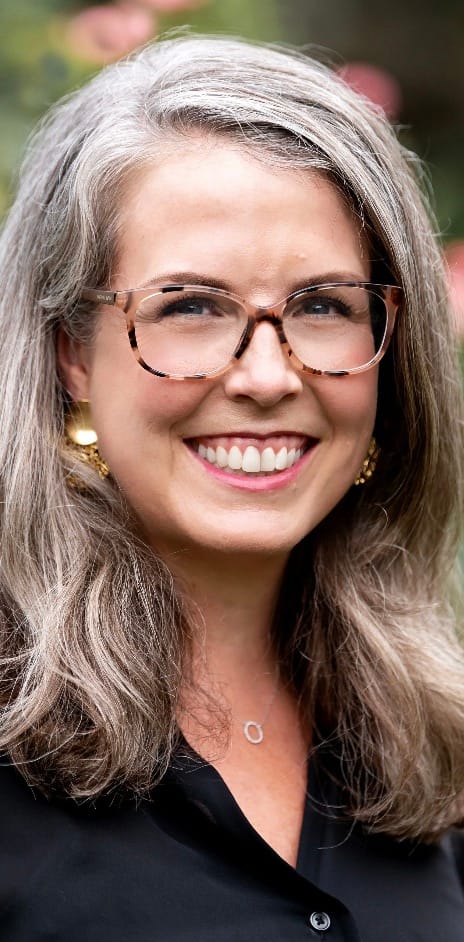
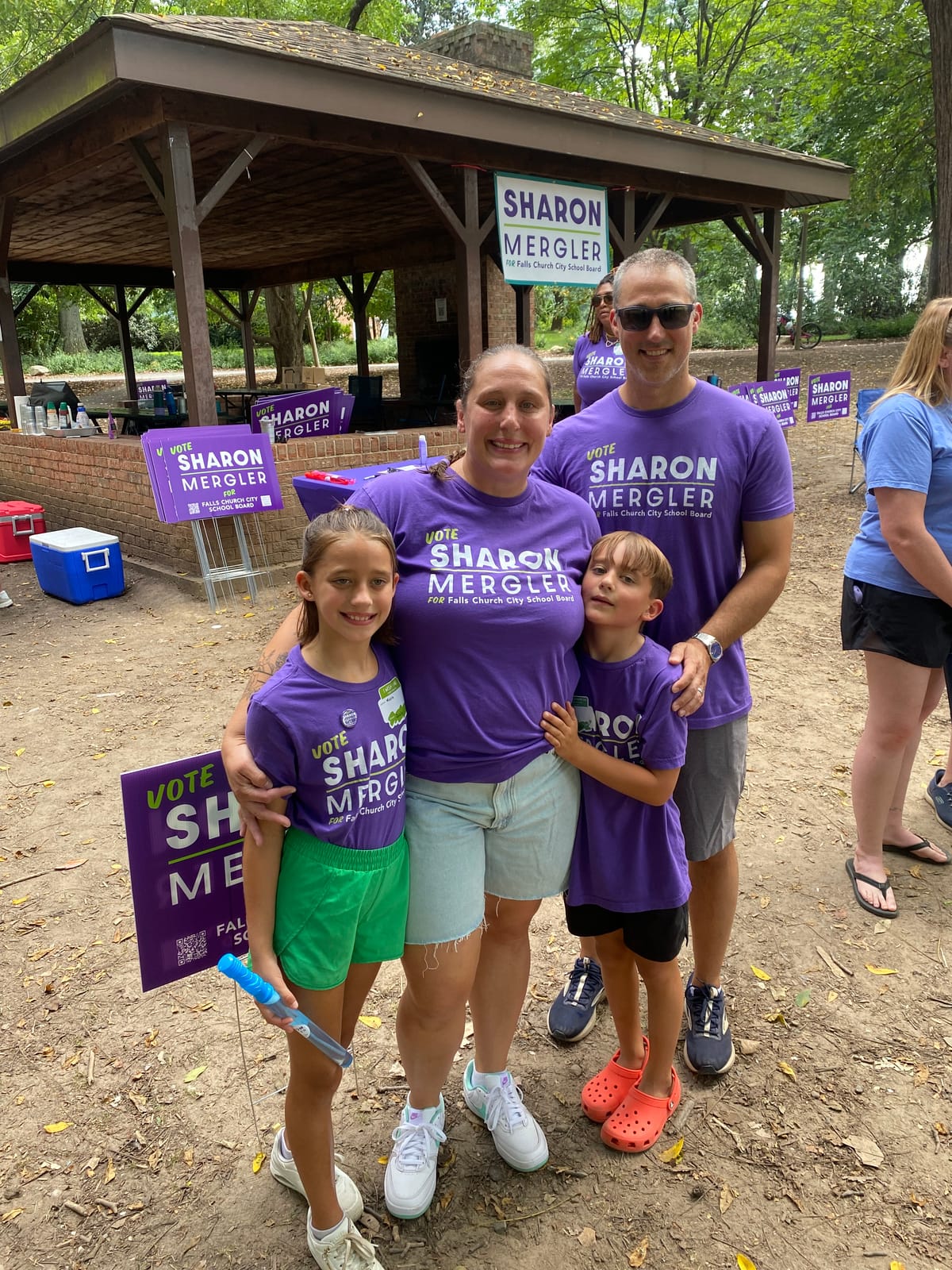
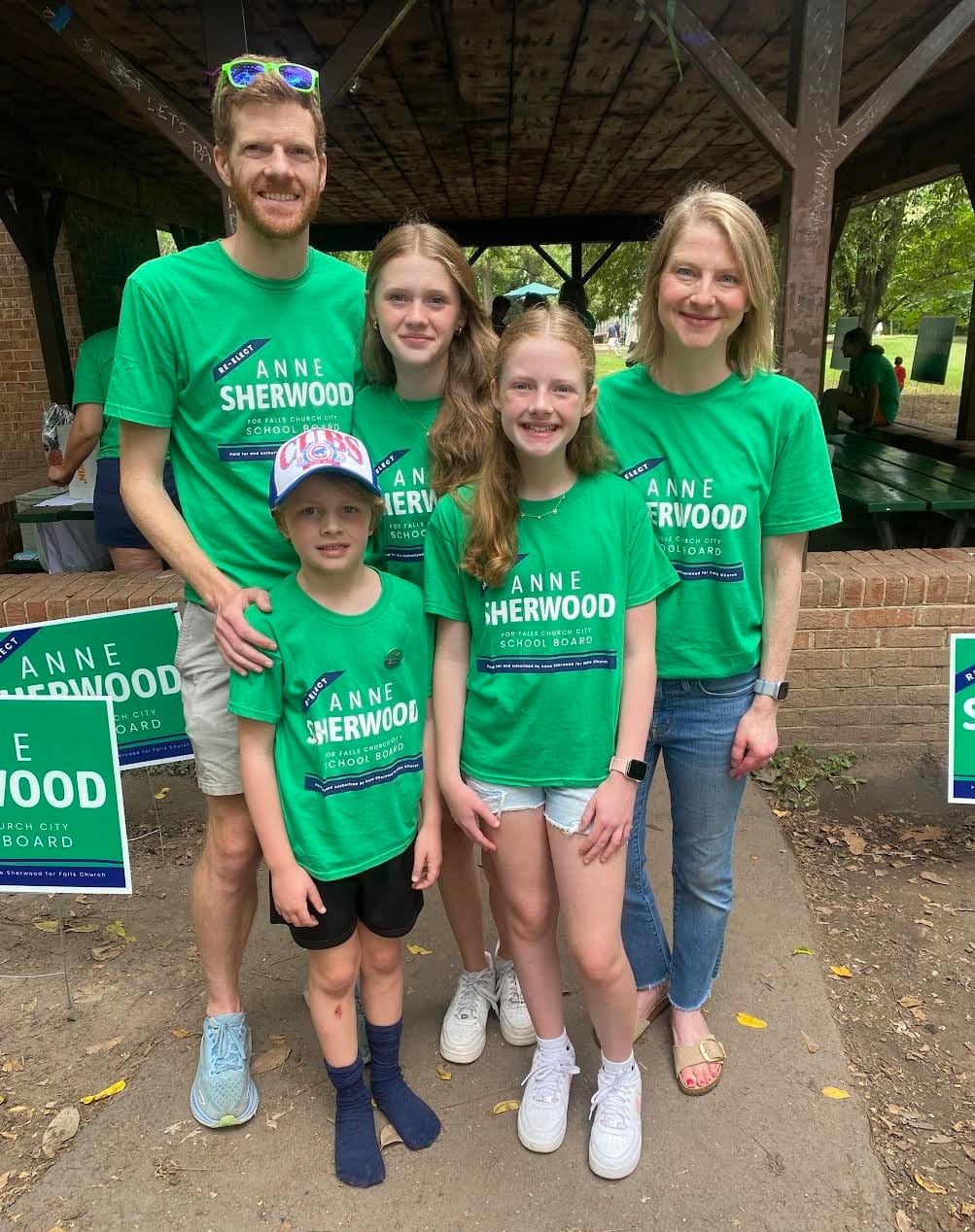
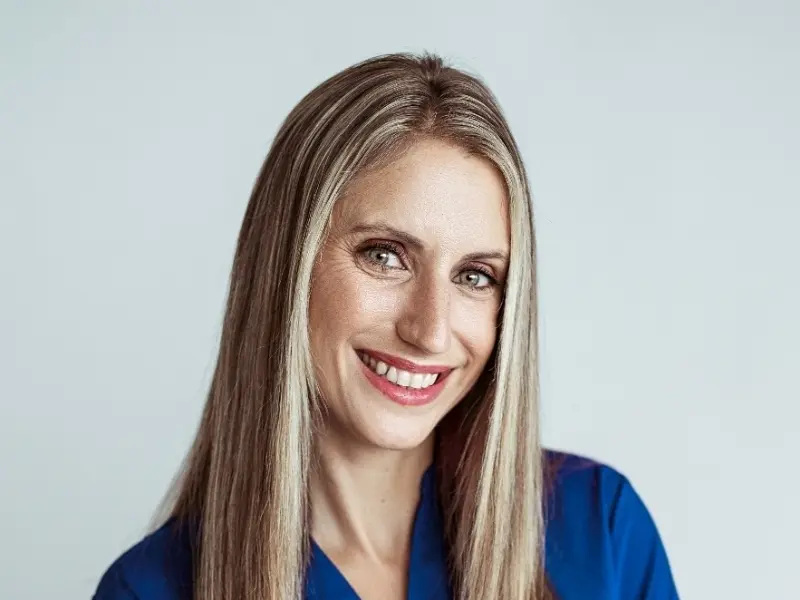
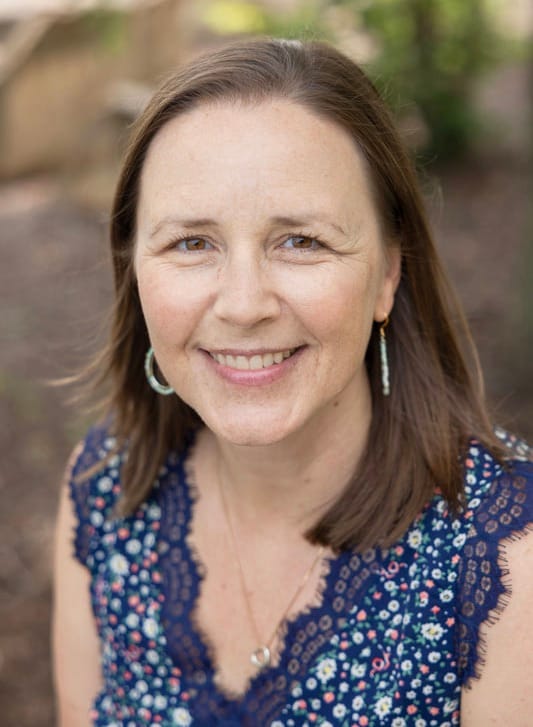
By The Falls Church Independent







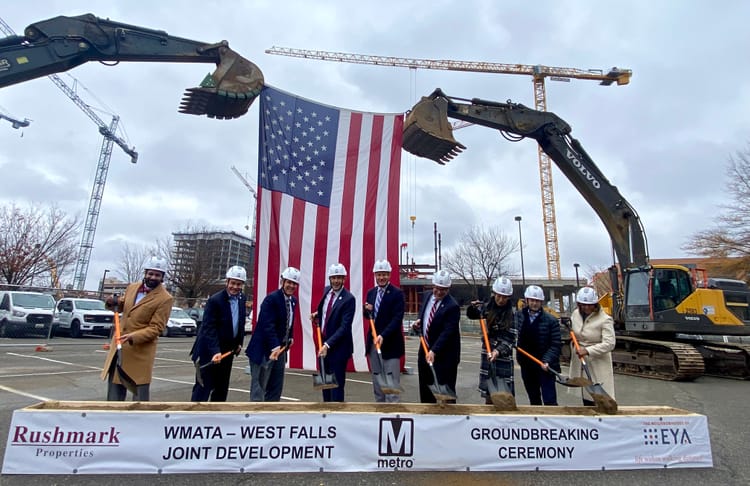

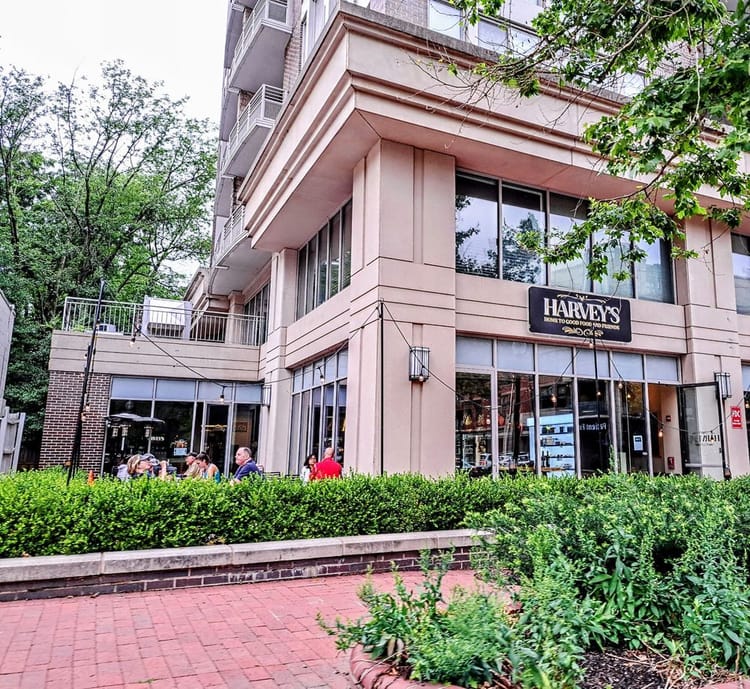

Member discussion